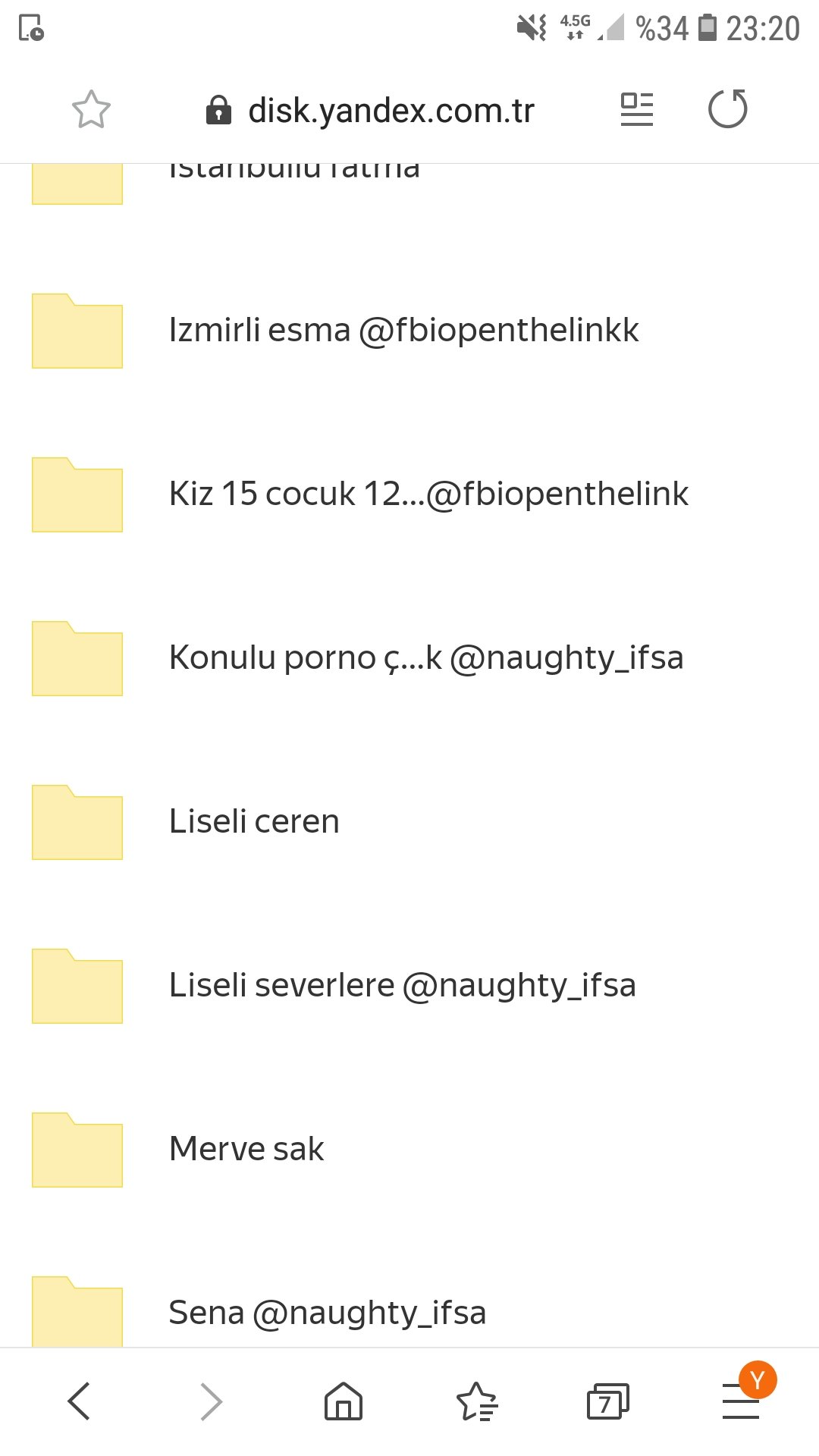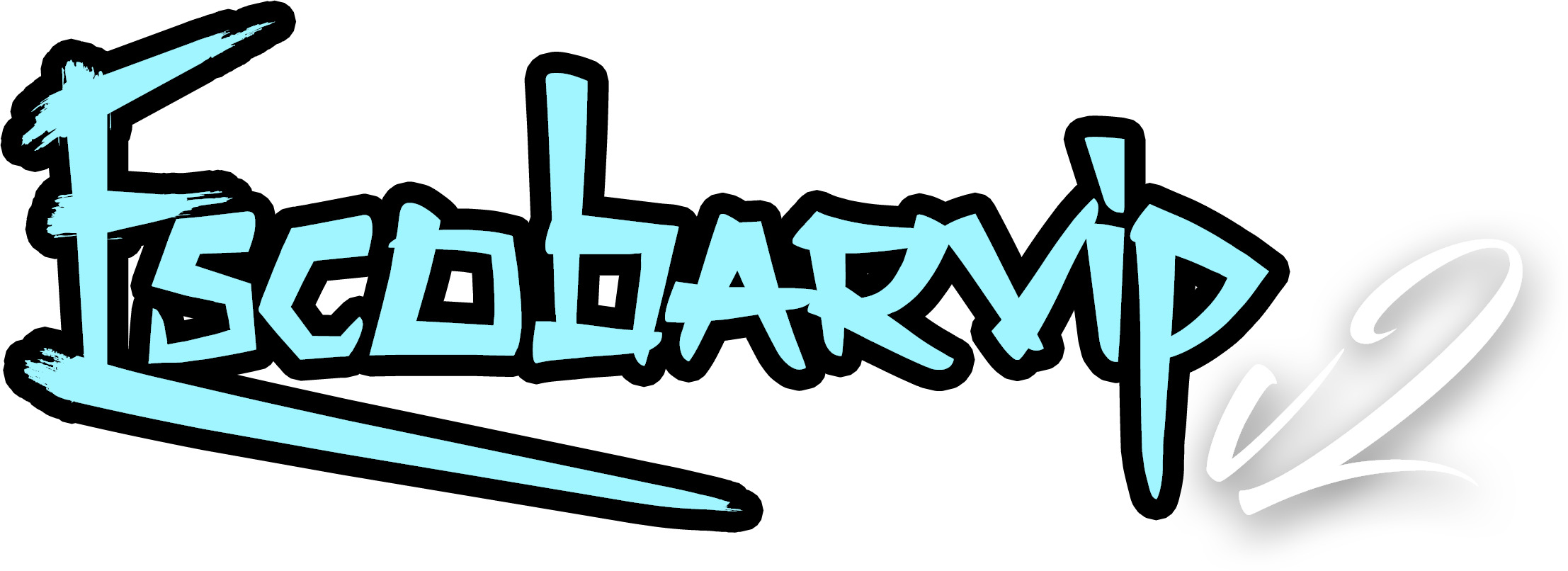Have you ever come across a search term like "türk ifsa sotwe" and wondered what it really means, or perhaps why it pops up in online discussions? It's a phrase that, frankly, brings up some pretty serious questions about digital privacy and how we keep ourselves safe when we are online. So, too it's almost, many people might not fully grasp the implications of such terms, which is why it's a good idea to talk about them openly.
When we spend time on the internet, it’s a bit like walking through a big, busy city, isn't it? There are so many wonderful things to see and do, but you also need to be aware of your surroundings, just a little. Terms that hint at personal information being shared without permission, like "türk ifsa sotwe," really highlight how important it is to be careful with what we put out there and what we look for.
This article aims to shed some light on what these kinds of search queries can suggest, and, you know, why digital safety is such a big deal for everyone, especially in today's connected world. We'll explore some ways to help keep your personal information secure, and basically, how to be a bit more mindful online. It’s all about staying informed and feeling good about your online presence, anyway.
Table of Contents
- Understanding the Search Term: "Türk Ifsa Sotwe"
- The Real Risks of Online Exposure
- Protecting Your Digital Footprint: Practical Steps
- Recognizing and Reporting Harmful Content
- Building a Safer Online Community
- Staying Informed About Digital Rights
- Frequently Asked Questions About Online Safety
- Conclusion
Understanding the Search Term: "Türk Ifsa Sotwe"
The phrase "türk ifsa sotwe" might seem a little confusing at first glance, but when you break it down, it points to some serious concerns. "Türk" simply means Turkish, and "ifşa" is a Turkish word that, in this context, often refers to the exposure or revelation of private or sensitive information. That, is that, it often carries a negative connotation, suggesting something shared without permission.
As for "sotwe," it appears to be a phonetic spelling or a misspelling of "software," or perhaps even a specific platform or type of content. When these words come together, the search term typically suggests an interest in, or a search for, unauthorized disclosures of personal data, which can include private images, videos, or other sensitive details. So, it's really about looking for or finding things that should have stayed private.
It's pretty important to understand that searching for or sharing such content can have very real and harmful consequences. This kind of activity touches upon major issues like privacy violations, personal distress, and even legal trouble. You know, it's not just a casual search; it points to a bigger issue about digital respect and safety online, which is something we all need to be mindful of.
The Real Risks of Online Exposure
When private information, like your pictures or messages, gets out without your say-so, it can cause a lot of problems. This kind of online exposure, which terms like "türk ifsa sotwe" can point to, is not just a small annoyance; it can really mess with a person's life. Think about it: your private moments are suddenly out there for anyone to see, and that's a very unsettling feeling, isn't it?
The emotional toll can be huge, causing feelings of embarrassment, anger, or deep sadness. People might feel like they've lost control over their own story, and that can be pretty tough to deal with. Also, there are often legal consequences for those who share such content without permission, as well as for those who seek it out, because it can be seen as a form of harassment or even a crime, you know.
Beyond the personal impact, there's also the risk of your information being used for other harmful things, like identity theft or online bullying. Once something is on the internet, it's really hard to get rid of it completely, which means the consequences can last a very long time. So, understanding these risks is the first step to staying safer online, and it’s something everyone should consider, apparently.
Personal and Emotional Impact
The feeling of having your personal life exposed can be absolutely devastating for someone. It's like having your private diary suddenly read aloud to everyone you know, and even strangers. This invasion of privacy can lead to a whole host of difficult emotions, making daily life really hard. People might feel very vulnerable, and that’s a tough way to feel, obviously.
Some folks might experience anxiety, depression, or even panic attacks because of this kind of exposure. They might start to pull away from friends and family, or find it hard to trust others online and offline. The stress of knowing their private moments are out there can be overwhelming, and it really affects their peace of mind. To be honest, it’s a situation no one should ever have to face.
It's not just about the immediate reaction either; the emotional scars can last for years. The sense of shame or betrayal can linger, making it hard to move on. That's why it's so important to talk about these things and help people understand the severe impact of unauthorized sharing. We really need to build a more caring online space, more or less.
Legal Consequences and Digital Rights
When private material is shared without permission, there are often serious legal consequences for the person who does the sharing. Many countries, including Turkey, have laws in place to protect individuals from such privacy violations. These laws can lead to fines, jail time, or both, depending on how serious the offense is. It's not just a moral issue; it's a legal one, too it's almost.
Digital rights are a pretty big deal these days, and they cover your right to privacy, your right to control your own data, and your right to be free from online harassment. When someone shares private content, they are usually violating these fundamental rights. Understanding these rights helps people know what they can do if they become a victim, or how to avoid causing harm to others, you know.
It's also worth remembering that even seeking out or possessing certain types of unauthorized content can have legal ramifications. Ignorance of the law is generally not an excuse, so being informed about what's acceptable and what's not online is very, very important for everyone. We all have a part to play in keeping the internet a safer place for everyone, basically.
Protecting Your Digital Footprint: Practical Steps
Keeping your digital footprint tidy and safe is a lot like locking your front door; it’s a simple step that makes a big difference. Your digital footprint is everything you do online, from your social media posts to your emails. Protecting it means being mindful of what you share and how you share it. So, a few smart habits can go a long way in keeping your personal stuff private, you know.
One very important step is to always check your privacy settings on social media and other online accounts. Make sure only the people you trust can see your posts and photos. It’s pretty easy to adjust these settings, and it gives you much more control over your information. Don't just assume your stuff is private; actually, take a moment to double-check, anyway.
Another good habit is to be very careful about what you click on and what information you give out online. If an email or message seems a little off, it probably is. Never share your passwords or sensitive personal details unless you are absolutely sure about who you're talking to and why they need it. Being a bit cautious can save you a lot of trouble, as a matter of fact.
Strong Passwords and Two-Factor Authentication
Think of your passwords as the keys to your online home; you want them to be super strong and unique for each door. Using easy-to-guess passwords like "123456" or your birthday is like leaving your door wide open. Instead, try making long, complex passwords that mix capital letters, small letters, numbers, and symbols. It’s a bit more work, but it really pays off, you know.
Even better than a strong password is using something called two-factor authentication (2FA). This means that even if someone figures out your password, they still can't get into your account without a second piece of information, usually a code sent to your phone. It’s like having a second lock on your door, and it makes it much harder for unwanted guests to get in. Most major services offer this now, so definitely turn it on, right?
It’s really a simple step that adds a huge layer of security to your online life. Just take a few minutes to set it up for your email, social media, and banking apps. You'll feel much more secure knowing your accounts have that extra protection. This small effort can prevent a lot of headaches down the road, and it’s pretty easy to do, honestly.
Mindful Sharing and Digital Hygiene
Before you hit that share button, it’s always a good idea to pause for a second and think about what you're putting out there. Ask yourself: "Do I really want everyone to see this?" or "Could this information be used in a way I don't like?" Being mindful about what you share, especially photos or details about your daily life, is a huge part of staying safe online. It’s like tidying up your digital space, you know.
Digital hygiene also means regularly reviewing your old posts and accounts. Sometimes, things you shared years ago might not feel appropriate now, or they might reveal too much. Deleting old accounts you no longer use or cleaning up old posts can help reduce your digital footprint. It's a bit like decluttering your home; it makes everything feel much cleaner and safer, more or less.
Also, be very careful about connecting with strangers online. Not everyone online is who they say they are, and some people have bad intentions. It’s always best to keep your circle of online friends to people you actually know and trust in real life. This simple rule can help you avoid a lot of tricky situations, and it's something to always remember, apparently.
Recognizing and Reporting Harmful Content
Sometimes, despite our best efforts, we might come across content online that is harmful, upsetting, or clearly violates someone's privacy. Recognizing this kind of content is the first step in doing something about it. Harmful content often includes things like unauthorized sharing of private images, cyberbullying, hate speech, or anything that promotes violence or illegal activities. If something feels wrong, it probably is, you know.
Once you spot something like this, it’s really important to know how to report it. Most social media platforms, websites, and online services have clear ways to report content that goes against their rules or the law. Look for buttons like "Report," "Flag," or "Abuse." Taking a moment to report such content helps protect others and makes the internet a safer place for everyone. It’s a simple act that can have a big impact, actually.
If the content is very serious, like a threat or something illegal, you should also consider reporting it to the authorities. Law enforcement agencies often have units dedicated to online crimes and can offer support. Remember, you don't have to deal with harmful content alone. There are resources and people who can help, and it’s always okay to ask for assistance, basically. Learn more about online safety on our site.
Building a Safer Online Community
Creating a safer online community is something we all contribute to, not just big tech companies or law enforcement. It starts with how we interact with each other, how we treat personal information, and how we respond when we see something problematic. Every click, every share, and every comment shapes the kind of online world we live in. So, our individual actions really do add up, you know.
One key part of this is being empathetic and understanding towards others online. Before you post or comment, think about how your words might make someone else feel. Would you say it to their face? Would you want someone to say it to you? A little kindness and respect can go a very long way in making online spaces more welcoming and less hostile, you know.
Also, if you see someone being targeted or harassed, don't just scroll past. Standing up for others, even in a small way like reporting harmful content or offering support, can make a huge difference. We can all be digital citizens who look out for each other, making the internet a place where everyone feels secure and respected. It's a collective effort, really.
Staying Informed About Digital Rights
The internet is always changing, and so are the rules and expectations around our digital rights. Staying informed about these rights means knowing what you can and cannot do online, and what protections you have as an internet user. This includes understanding privacy laws, data protection regulations, and what constitutes acceptable online behavior. It’s pretty important to keep up, you know.
There are many organizations and websites that provide clear, easy-to-understand information about digital rights and online safety. Regularly checking these resources can help you stay current with new threats and new ways to protect yourself. Knowledge is a powerful tool when it comes to being safe online, and it really empowers you to make good choices, you know.
Being informed also means understanding the terms of service for the apps and websites you use. We often click "agree" without reading, but those documents often explain how your data is collected, used, and shared. Taking a little time to understand these things can prevent surprises later on. It’s all part of being a smart and responsible internet user, and it’s very, very helpful, actually.
Frequently Asked Questions About Online Safety
What should I do if my private information is shared online?
If your private information gets shared online without your permission, the first thing to do is try to stay calm. Then, you should immediately report the content to the platform where it was shared. Most social media sites and websites have clear reporting mechanisms for this kind of violation. You can also gather evidence, like screenshots, and then consider contacting law enforcement, especially if it's very serious. It's important to act quickly, you know.
How can I teach my family about digital privacy?
Teaching your family about digital privacy starts with open conversations. Talk about what kind of information is okay to share online and what should always stay private. Encourage them to use strong, unique passwords and to turn on two-factor authentication for their accounts. You could also show them how to adjust privacy settings on their social media. It's about leading by example and making online safety a regular topic of discussion, you know, just like any other safety talk.
Are there any tools to check if my data has been exposed?
Yes, there are some services that can help you check if your email address or other personal data has been part of a data breach. Websites like Have I Been Pwned allow you to enter your email address to see if it has appeared in known data breaches. These tools can give you a heads-up if your information might be at risk, so you can change passwords or take other protective steps. It's a good way to stay on top of your online security, honestly.
Conclusion
Understanding terms like "türk ifsa sotwe" is really about recognizing the bigger picture of online safety and personal privacy. It highlights how much we need to be careful and thoughtful about our digital lives. From using strong passwords to thinking before we share, every step we take helps build a more secure and respectful online world for all of us. You know, it's not just about protecting ourselves, but also about contributing to a better internet for everyone, and you can learn more about digital well-being on our site.
Being aware of the risks and knowing how to protect your information are truly powerful things. It gives you control over your own story online and helps you feel more confident in your digital interactions. So, let’s all keep learning, keep being careful, and keep working together to make the internet a place where everyone feels safe and respected, because that's what really matters, at the end of the day.
Related Resources:



Detail Author:
- Name : Marley Champlin
- Username : hirthe.ettie
- Email : jacobs.leila@yahoo.com
- Birthdate : 1985-02-22
- Address : 902 Bins Valleys Tiffanyside, CT 82974
- Phone : 657.929.4586
- Company : Leffler-Nader
- Job : Respiratory Therapist
- Bio : Corrupti labore minima et voluptas qui omnis. Assumenda voluptates nihil quia sapiente voluptatem. Labore cupiditate non quo. Sint eum voluptatibus nulla.
Socials
tiktok:
- url : https://tiktok.com/@oletasmitham
- username : oletasmitham
- bio : Sequi culpa odio non laudantium ab unde est.
- followers : 4328
- following : 1680
linkedin:
- url : https://linkedin.com/in/oleta_smitham
- username : oleta_smitham
- bio : Voluptatem quaerat odio odit est.
- followers : 5641
- following : 1277